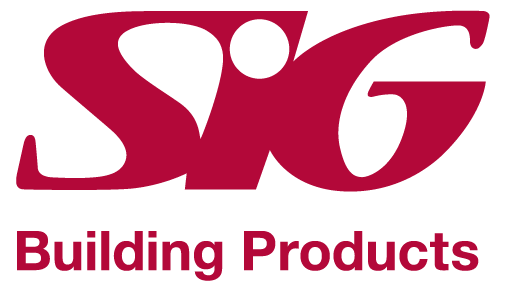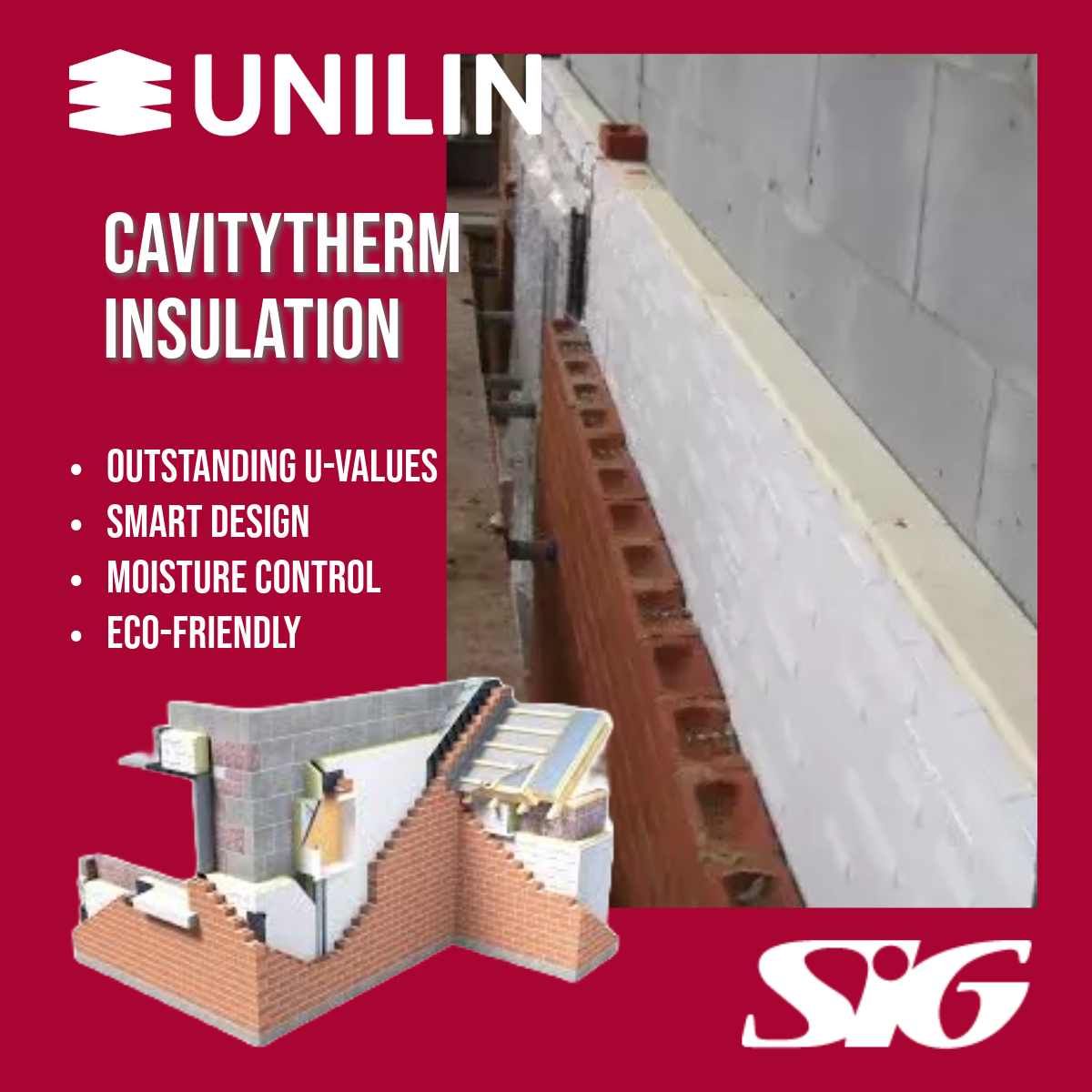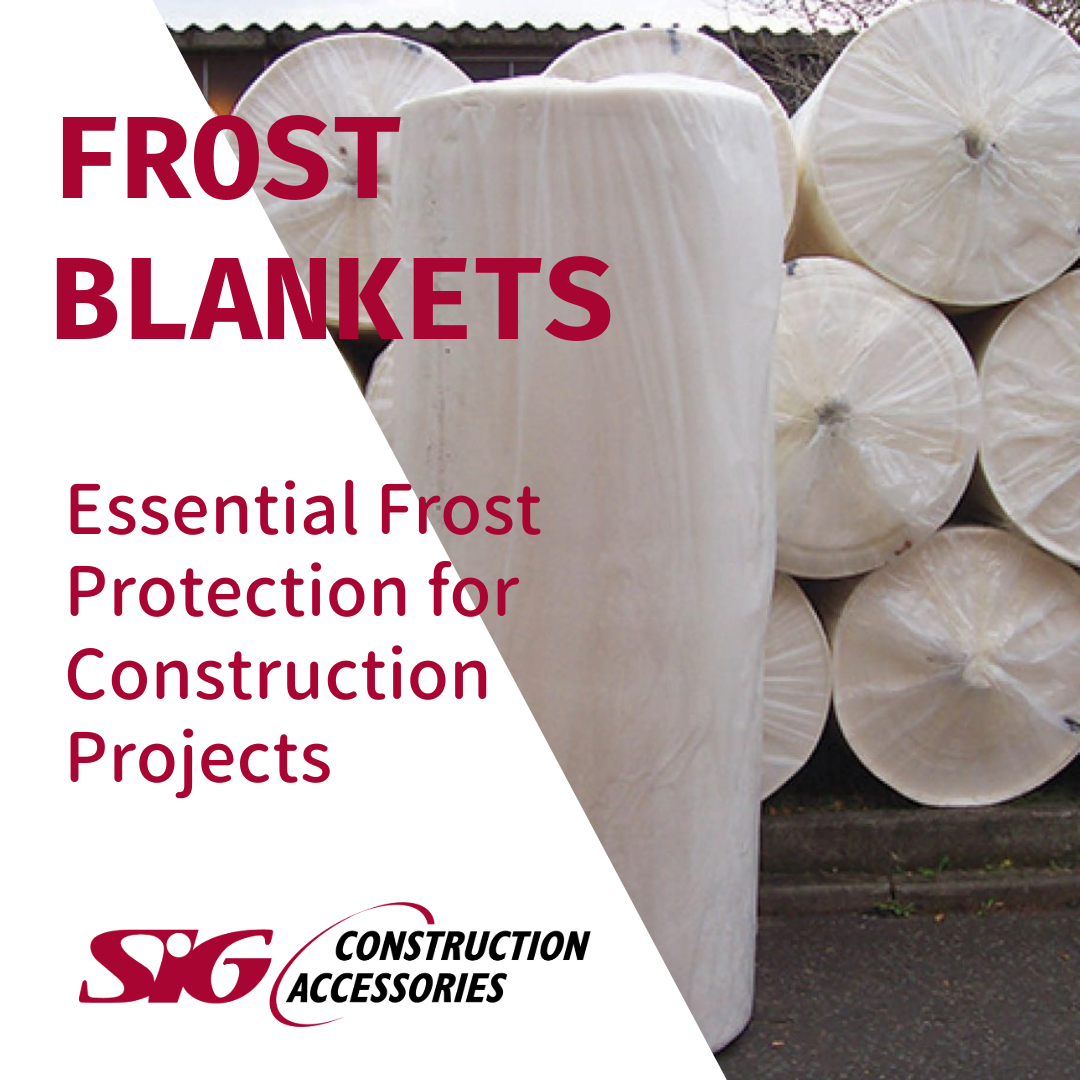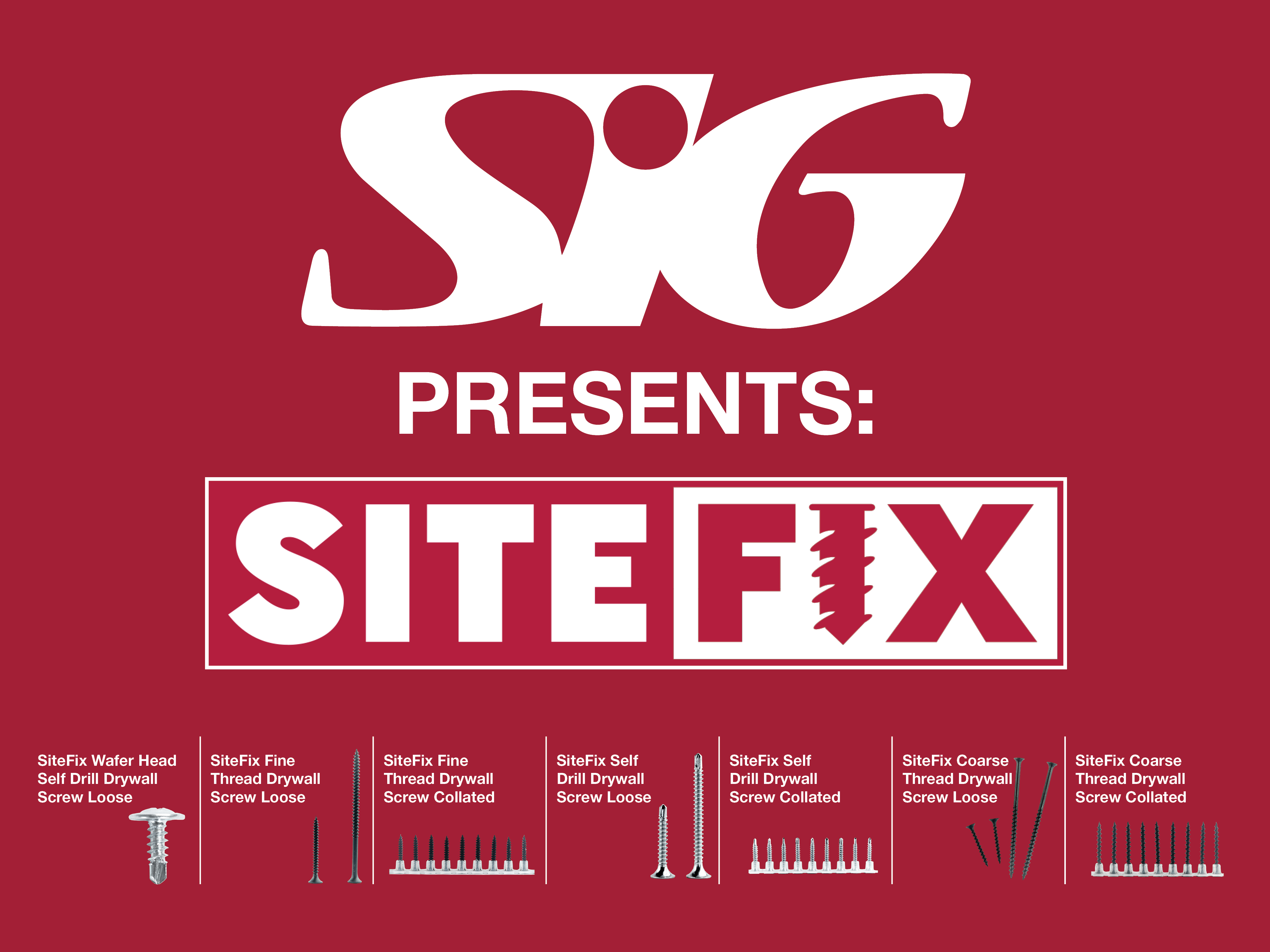When it comes to improving the energy efficiency and aesthetics of your home, office or workspace, external wall insulation (EWI) can be an excellent solution. By insulating the external walls of a building, EWI helps to reduce heat loss, increase thermal performance, and enhance the overall appearance. In this blog, we will explore the pros and cons of external wall insulation, discuss the associated costs, explain how it works, answer some common questions regarding different aspects of EWI and discuss SIG’s recent EWI installation on their new Limerick Trade Counter.
Why SIG chose Alsecco Basic 1 for its New Limerick Branch Trade Counter Extension
SIG is excited to host the official opening of its new Limerick branch next week. Our new branch is conveniently located in the Eastway Business Park, is approximately 20,000 square feet, providing ample space to accommodate our extensive product range and has a new Trade Counter extension to serve the needs of our customers efficiently. In finishing the extension, SIG chose Alsecco Basic 1 system.

SIG chose Alsecco Basic 1 as the External Wall Insulation (EWI) for its New Limerick Branch Trade Counter Extension for five reasons:
-
Thermal Performance:
Alsecco Basic 1 is known for its excellent thermal performance, providing effective insulation to the building envelope. By choosing this EWI system, SIG can enhance the energy efficiency of the trade counter extension, reducing heat loss and potentially lowering heating and cooling costs.

-
Durability and Weather Resistance:
Alsecco Basic 1 is designed to withstand various weather conditions, including rain, wind, and temperature fluctuations. This durability ensures long-term protection for the building, maintaining its appearance and performance over time.
-
Aesthetics:
The Alsecco Basic 1 EWI system offers a range of finishes and textures, allowing SIG to achieve the desired visual appeal for the trade counter extension. Whether you prefer a smooth or textured finish, the versatility of Alsecco Basic 1 can cater to different architectural styles and design preferences.
-
Expertise and Support:
SIG chose Alsecco Basic 1 due to the availability of technical support and expertise provided by Alsecco. With their assistance, Spreadwell Plastering installers could ensure proper installation and receive guidance on any specific requirements or challenges relating to the project. Full technical support is provided by Alsecco before, during and after the installation.
-
Compliance and Certification:
Alsecco Basic 1 is NSAI certified and can be used through SEAI grants. This compliance provides assurance to SIG that they are using a reliable and certified system for the Limerick Branch Trade Counter Extension.

Pros of External Wall Insulation:
-
Improved Energy Efficiency:
EWI significantly enhances the thermal performance of a building, reducing heat loss and improving energy efficiency. This can lead to lower heating and cooling costs, ultimately saving you money on energy bills.
-
Enhanced Comfort:
By preventing heat loss, EWI helps to create a more comfortable living environment by reducing cold spots and drafts within your home.
-
Reduced Carbon Footprint:
Insulating your external walls not only benefits your wallet but also the environment. By improving energy efficiency, you can lower your carbon emissions and contribute to a greener, more sustainable future.
-
Aesthetic Enhancement:
EWI allows you to transform the appearance of your home. With a wide range of finishes and textures available, you can choose a look that suits your style preferences and potentially increase the value of your property.

Cons of External Wall Insulation:
-
Initial Investment:
While external wall insulation provides long-term savings on energy bills, the upfront cost can be significant. However, it’s essential to know that you may be entitled to an SEAI grant towards the cost of the installed system and to consider the long-term benefits and potential increase in property value when assessing the overall value of EWI.
-
Disruption during Installation:
The installation of EWI involves some disruption to the property, including scaffolding, drilling, and temporarily removing fixtures. However, the inconvenience can be minimised with proper planning and professional installation.
How Much Does External Wall Insulation Cost?
The cost of external wall insulation varies depending on several factors, such as the size of the property, the type of insulation system chosen, the finishes selected, and any additional requirements or complexities. Obtain a quote from reputable installers who can provide an accurate cost assessment tailored to your specific project or phone SIG’s team of technical experts who can advise you on cost and provide technical advice for your project.
What’s the best insulation for external walls?
The best insulation for external walls depends on various factors, including the type of property, budget, and specific insulation requirements. Some commonly used materials for EWI include expanded polystyrene (EPS), mineral wool, and phenolic foam. It is recommended to consult with professionals who can assess your needs and recommend the most suitable insulation solution for your external walls.

How Do I Know If My House Requires External Insulation?
If you experience high energy bills, cold spots, or drafts in your home, it may indicate that your house could benefit from external wall insulation. Consulting with an energy efficiency expert or a professional insulation installer can help determine if your property requires EWI and provide tailored recommendations based on your specific circumstances.
How Does External Wall Insulation Affect U-Values?
U-values measure the rate of heat transfer through a building component. External wall insulation significantly improves the U-values of walls, reducing heat loss and improving thermal performance. The exact impact on U-values depends on the type and thickness of the cavity wall insulation system used and the existing construction of the walls.
Can I use External Wall Insulation With Solid Stone Walls?
Yes, external wall insulation products can be used with solid stone walls. However, careful consideration and expertise are required to ensure compatibility and proper installation. An experienced installer can assess the condition of the walls and recommend suitable solutions, such as special fixings or insulation systems specifically designed for solid stone walls.
Is it Worth Using External Wall Insulation on a House With Cavity Walls?
While cavity walls already provide some level of insulation, external wall insulation can still be beneficial. It enhances the thermal performance of the walls further, reducing heat loss and improving energy efficiency. External wall insulation can also enhance the appearance of the façade of the house, providing an opportunity for aesthetic improvement.
External Wall Insulation Solutions for Reveals, Sills and Eaves
When installing external wall insulation, specific attention should be given to areas such as reveals, sills, and eaves. These areas require careful detailing and insulation to ensure a seamless and effective system. Specialised profiles, sealants, and techniques are used to address these components and maintain a consistent exterior insulation envelope.

Conclusion
External wall insulation offers numerous benefits, making it a worthwhile investment for homeowners, businesses, and other property owners. It provides improved energy efficiency, enhanced comfort, reduced carbon footprint, and aesthetic transformation. While costs and considerations are involved, the long-term savings on energy bills and a potential increase in property value make it an attractive option.
When choosing external wall insulation, it is essential to consider factors such as the cost, the best insulation material for your specific needs, and whether your house requires external insulation. The impact on U-values and the compatibility with different types of walls, such as with solid walls and stone or cavity walls, should also be considered.
Additionally, paying attention to areas like reveals, sills, and eaves during the installation process ensures a well-insulated structure and visually appealing result.
If you’re considering external wall insulation, consult with professionals who can provide expert advice, assess your specific requirements, and guide you through the process. With the right insulation system and professional installation, you can enjoy the benefits of improved energy efficiency, enhanced comfort, and a more sustainable living or working space. To find out more contact SIG Facades today.



